Glenn Loury is first and foremost one of our country's premier economists. We economists have a measuring stick for quality. It's publications in top-five journals. This is akin to science, where publishing in Science, the New England Medical Journal, Nature, and the Lancet is the end all and be all. I hired Glenn to Boston University away from Harvard in 1991. In the next two years, he published five top-five journal articles -- a feat that surpasses anything I've witnessed in academic economics. Those and other articles lay the foundation for the economics of racial discrimination -- a field that Glenn and his co-author, Steve Coate, started and one that merits a Nobel Prize.
You will no doubt hear a great deal about Glenn's autobiography, which is selling like crazy. It's a hold-no-bars exposé of a life both very well and very poorly lived. It's full of details of sexual escapades, drug addiction, academic success, fear of failure, and self doubt. But these aren't the takeaways. The takeaways are the intellectual lessons Glenn teaches in between relating his behavioral relapses.
The book begs the question of why. Why did Glenn write the book? It's a question I pose at the end of the podcast. It's a question Glenn, himself, seeks to answer.
Glenn is my very close friend. So, we've discussed this question at length. I have my theory. I think Glenn has an ongoing need to question, not just society's choices, but the nature of his position and positions. The book could well be called, Both Sides of the Street. As a kid, it was hang out with the hood or hang out with algebra. It is a recurrent theme in Glenn's remarkable journey. The ongoing question -- Should I be here or there, do I belong here or there, should I hedge my bets and spend time on both sides of the street, am I here as a token, as a beneficiary of affirmative action, or am I here because I deserve to be here? No one who has achieved what Glenn has achieved needs question their contribution.
Whatever the reader may make of this extraordinary, shocking, and beautifully written book, my answer to the question is that it doesn't matter. In the end, this is a story of triumph, of knocking yourself down and pulling yourself up. It's all of our stories. It's also a story of courage -- the courage to persevere and the courage to write the full facts of your life, down to your inner thoughts.
I started this brief commentary about the book by placing Glenn where he is -- among the pantheon of great economists. When you read the book, which you surely will, bear that in mind. And read it for the economics, not the scandal. Read it to pull yourself up, not put yourself down.
Topics Covered:
Inequality and Social Dynamics
Affirmative Action and Its Consequences
Personal Journey and Intellectual Evolution
Reassessing Racial Policies
Time Stamps:
00:00 Economist's memoir reflects on evolving beliefs.
09:49 Thick autobiography emphasizes telling the full truth.
13:44 Self-disclosure paradoxically enhances my credibility as narrator.
20:33 Mentor advised against eating with the economists.
23:48 Exciting era of theoretical bargaining paper discoveries.
28:28 Importance of self-doubt and academic anxiety.
32:24 Falsely accused assault leads to reputation damage.
37:29 Impressive academic achievements and potential Nobel Prize.
46:54 Discrimination affects worker performance and hiring standards.
50:33 Transformation from conservative to liberal, influential experiences.
55:36 Systemic issues in communities; civil rights concern.
01:00:29 Discovered neoconservatism, shifted from liberals to conservatives.
01:08:19 Stimulated by growing incarceration, advocate for racial equality.
01:14:02 Disagreement with D'Souza's work, critique of Bell Curve.
01:17:49 Lowry's views evolve, offering hope and connection.
This episode not only explores pivotal economic theories and social policies but also humanizes the often abstract debates through Loury’s personal and professional experiences. You will gain a deeper understanding of the economic mechanisms underlying societal inequalities and the real-world implications of policies intended to mitigate these disparities.
Economic Matters - The podcast is hosted by Laurence Kotlikoff, a Boston University Economist, a NY Times Best Selling Author, President of maxifi.com, and Author of Money Magic.
Stay Connected: Facebook, Twitter, LinkedIn





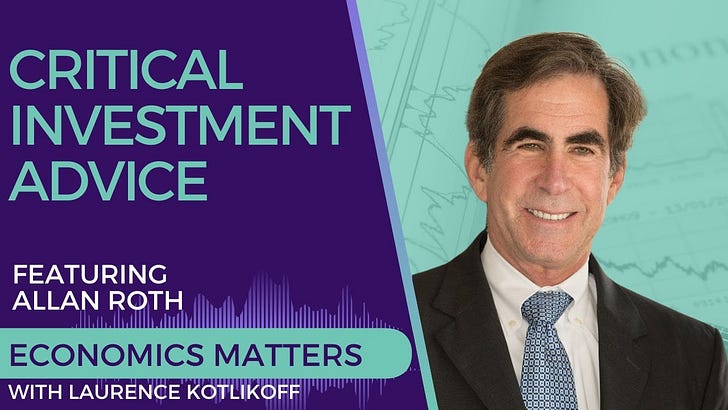
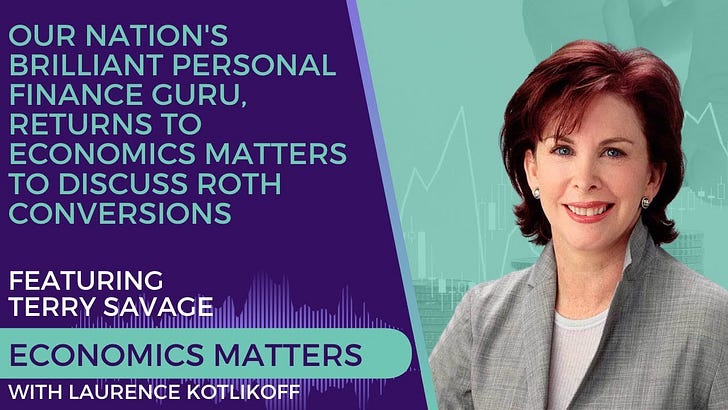
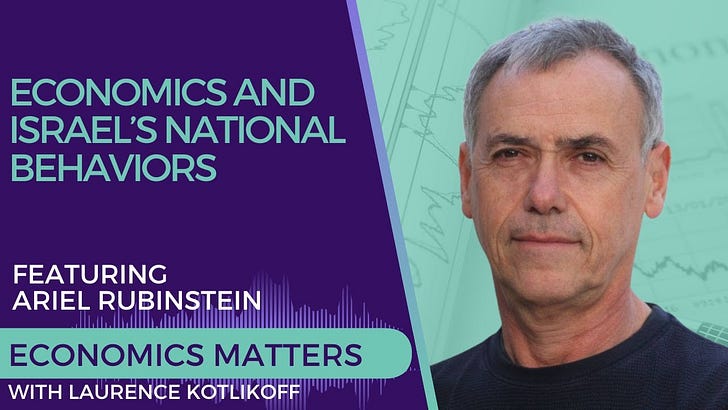
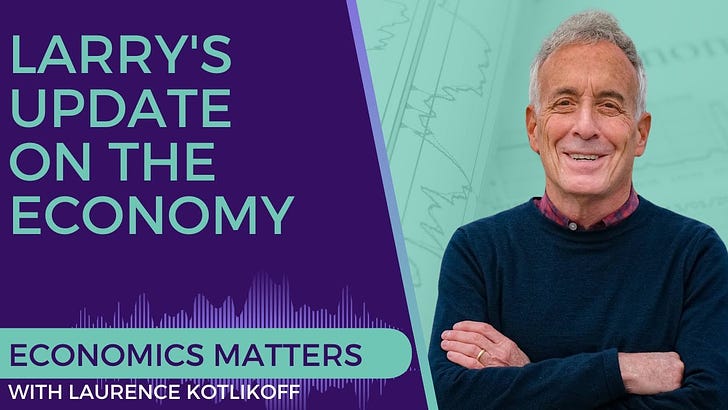
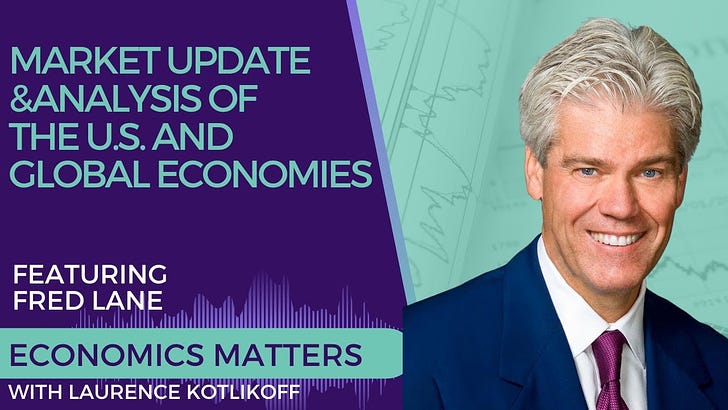
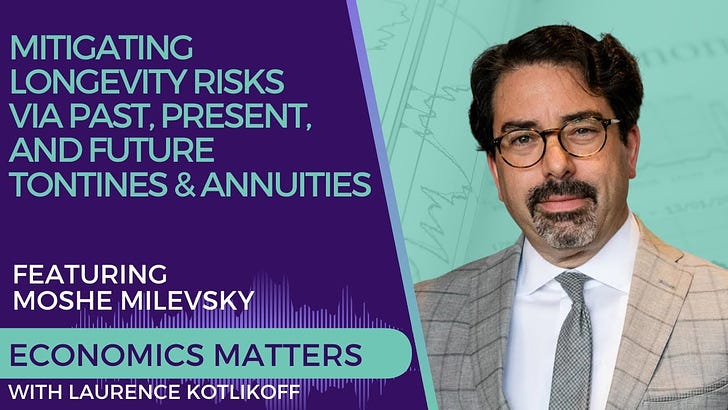
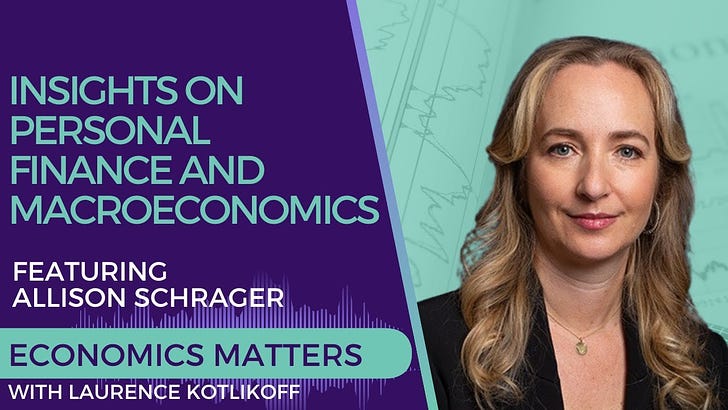
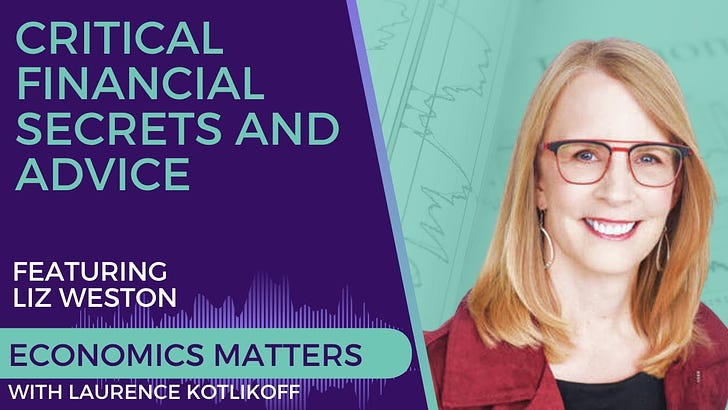
Share this post